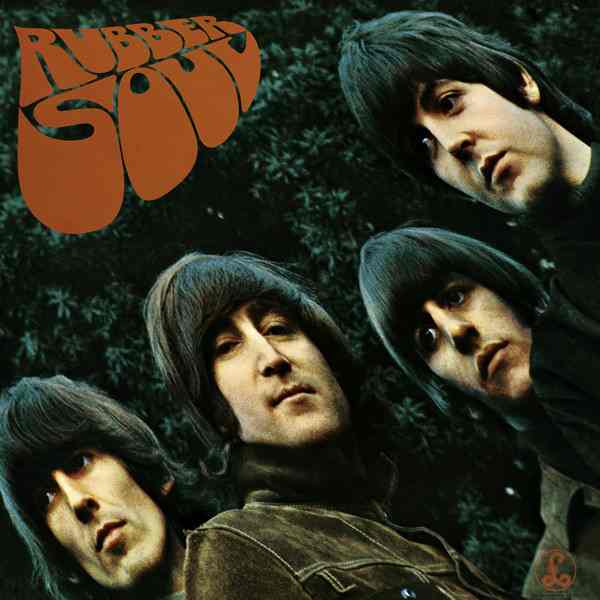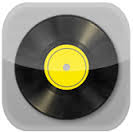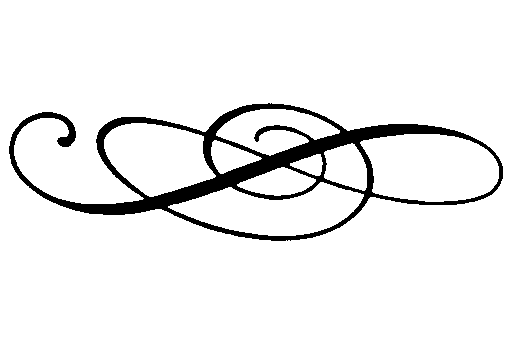

 The Beatles
The Beatles
| Release date | Label | Producer | Genre | Length | More info |
| 1965.12.03 | Parlophone | George Martin | Pop Rock | 35:25 |  
 |
Insert tagline here.
Background
Like most situations in life, the Beatles' evolution from teen pop stars to spiritual musical leaders did not happen overnight, but the majority of critics usually draw the line between Help! and Rubber Soul. Both of these records combined charming, but lightweight pop numbers with compositions that cut deeper and scooped wider; however, the proportions were reversed from one album to the other, and, most importantly, Help! still came out (formally) as the soundtrack to a teen pop comedy, whereas Rubber Soul openly introduces you to The Mersey Men of Potwood Forest (Big John, Paul-a-Dale, Friar George, and Ringo The Drummer's Son... sorry), fully ready to expand beyond the Merseybeat formula into a dozen different directions. The album sleeve was, in fact, quite telling: the elongated, reality-distorting, effect of Bob Freeman's photo; the thickly curved psychedelic lettering (with no artist name on the cover); the odd Weybridge forest in the background; and although the Beatles had already learned long ago how not to smile on the camera, this is the first time when most of them are staring not at you, but somewhere past you - who knows, there might be a Lucy with diamonds floating out there in the distant sky. You probably couldn't pick it up back in December 1965 and not immediately understand that big changes were afoot.
It is interesting that barely three months of time separate the end of the sessions for Help! and the beginning of the sessions for Rubber Soul, and as fast as music was changing at the time, it still wasn't changing that fast in mid-'65: the only major modern classic that The Beatles could have added to their list of influences in the interim was Dylan's Highway 61 Revisited, yet Rubber Soul sounds very little like Bob's garage-beatnik masterpiece. Nor does it sound a lot like contemporary Beach Boys, the Beatles' chief competitors on the other side of the Atlantic. It does sound a lot like The Byrds in places - that the Beatles got involved in folksier territory at the time is nobody's secret (it was already evident on songs like ʻYou've Got To Hide Your Love Awayʼ from Help!), but calling Rubber Soul the band's "folk-rock album", let alone the band's "Byrds album", would be selling it mighty short. What it really was, in my opinion, was their "open ends" album - a proclamation of complete artistic freedom (well, still somewhat limited by the three-minute pop song formula), when the pop artist would not only be free from the obligation to write "silly love songs" (Dylan had already freed the artist from that obligation), but also be free to take whatever musical means he'd deem preferable to express whatever was deemed worthy of expression at the moment.
Think about it - Rubber Soul digs into such territory as folk, country, Indian music, French pop, and even a bit of baroque music with an astounding arrogance, unheard at the time. Individually, most of these, and other, genres had already been tackled by other pop artists, but Rubber Soul had the nerve to jump in all of these directions at once, and that's not even mentioning the (still tentative) psychedelic overtones and the significantly matured lyrics (compared with the average level of Help!, it's like night and day - Harrison's words alone make it feel as if he'd hit intellectual puberty in the summer of '65). If anything, it was primarily a showcase for the Fab Four's artistic boldness: over the previous two years, the world had enough time to witness their pop genius, but now, having spearheaded the revolution in pop music, they had to write its constitution. Again, let us remember that for all the importance of 1965, this was still not a year when musical masterpieces could pop out every week - look at the charts and best-of lists, and you'll see them largely stuffed with decent, but formulaic pop/R&B production; jazz was still considered the superior intellectual genre, and most of the strange brews that would be sprayed over the world in 1966 were still sizzling under their lids. From that point of view, Rubber Soul did open the floodgates, and where Dylan probably wins the Depth prize for that year, the Beatles clearly score in the Breadth department, kicking them doors of perception as wide open as could be deemed (im)possible at the time.
Some basic factsYou know we're not getting out of this one without the usual lineup: John Lennon (guitars, organ, vocals), Paul McCartney (bass, guitars, piano, vocals), George Harrison (guitars, sitar, vocals), and Ringo Starr (drums, percussion, organ, vocals). Additionally, producer George Martin plays the piano solo on ʻIn My Lifeʼ, and please do not forget road manager Mal Evans, who is very responsible for the A note played on the Hammond organ during the last verse of ʻYou Won't See Meʼ (joking aside, that is one hell of a fascinating trick that few people ever notice, but it works very well towards enhancing the subtle magic of the tune). That's just about it, though: there is even less outsider involvement here than there was on Help!, let alone any of their later albums where outside help would become an almost obligatory component.
As for the results, well... this is a classic mature-period Beatles album, so any account of its sales, contemporary endorsement, or current reputation would not only be superfluous, but also somewhat predictable. It does function as a bit of a "sleeper" in the band's set of front-row masterpieces, in that people tend to initially gravitate towards Revolver or Abbey Road these days, probably because of their more electric and more "modern" sound in general; eventually, though, quite a few of these people, tired of replaying those records over and over again, fall under Rubber Soul's softer charm and then file for divorce and marry anew - and who could blame them?
For the
defense
...
...
This is an awesome record. What else is there to say, really?
For the prosecution
Well...
...okay, so ʻWaitʼ is not a very good song for the standards of late '65. It belongs on A Hard Day's Night, not here.
Conclusion
In any case, this isn't really that much of a conclusion, but since I cannot come up with a fresh angle at the moment, it's better to just ask a burning question and leave it at that than repeat the same laudatory banalities for the fifth time. If you have already heard Rubber Soul, you won't need another review anyway. If you have not, I have no idea how you ended up on this page in the first place, but take it as a sign of God's will and go buy it, or stream it, or steal it now, before somebody like Taylor Swift retro-gesture-ly covers all the songs on her next album and ruins them for posterity.
| Melody | Voice | Mood | Production | Innovation/Influence | Where it belongs | RYM preference | |
 |
 |
 |
 |
 |
 |
#41 (Oct 09, 2016) |

| Previous entry | Main page | Next entry |